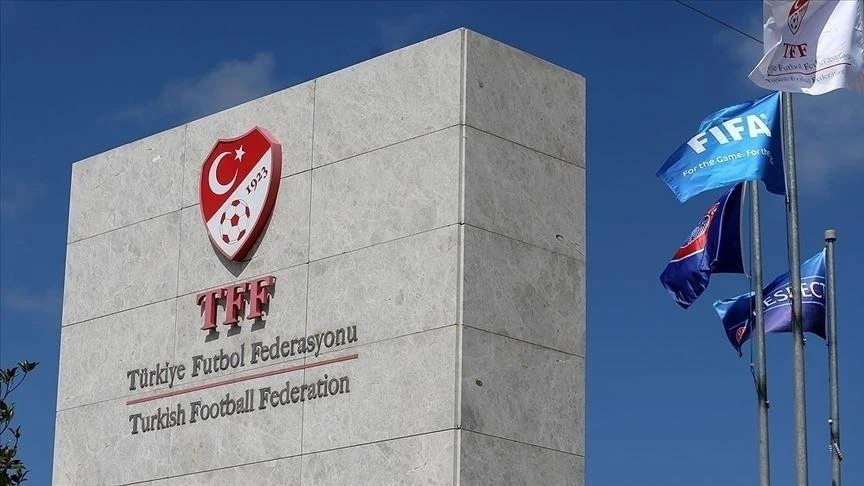Turkish Embassy in South Korea renovates Seoul Central Mosque
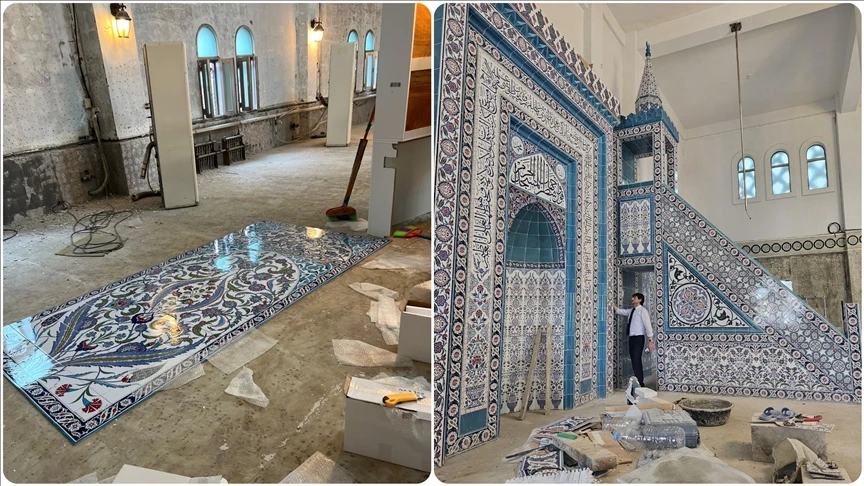 The Central Mosque in Seoul is undergoing a significant renovation. (Photo via Anadolu Agency)
The Central Mosque in Seoul is undergoing a significant renovation. (Photo via Anadolu Agency)
The Central Mosque in Seoul, a landmark for the Muslim community in South Korea, is undergoing a significant renovation. The project is being spearheaded by Türkiye’s Embassy in Seoul in collaboration with the Korea Muslim Federation (KMF).
This renovation marks the first major overhaul of the mosque since its establishment in 1981. The project aims to reinforce the mosque’s infrastructure, with particular attention to preserving and showcasing its architectural and cultural significance.
Turkish tiles and Ottoman symbols
As part of the renovation, the mosque will feature specially crafted Turkish tiles adorned with Ottoman architectural symbols. The addition of a mihrab, minbar, and pulpit will further transform the mosque into an open museum, representing the rich tradition of Turkish ceramics.
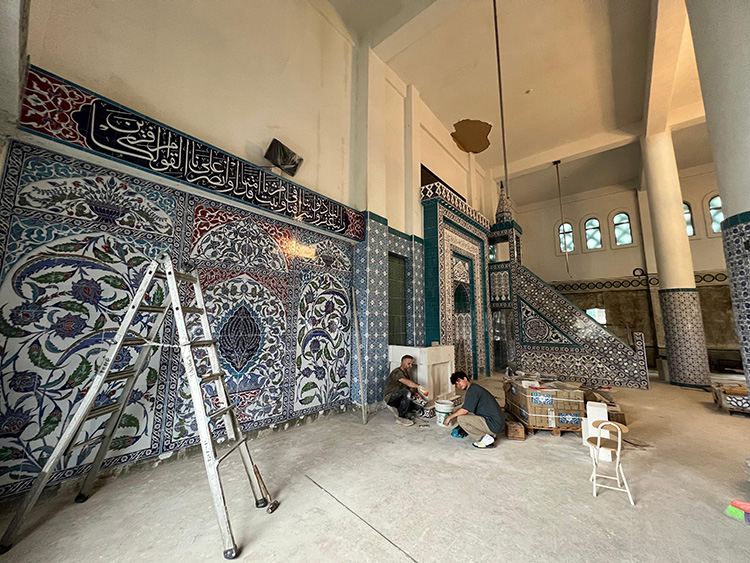
The second floor will be embellished with the “Asma al-Husna”, 99 names of Allah, created through intricate casting and handwork. These enhancements are designed to honor both Islamic art and Turkish heritage.
Financial support for further ornamentation
Dr. Suleyman Elik, the Social Affairs Counselor at Türkiye’s Embassy in Seoul, highlighted the ongoing search for financial support to complete the mosque’s entrance with a 100-square-meter marble floor and further Ottoman-style decorations and calligraphy. If sufficient funding is secured, these embellishments will be completed by October.
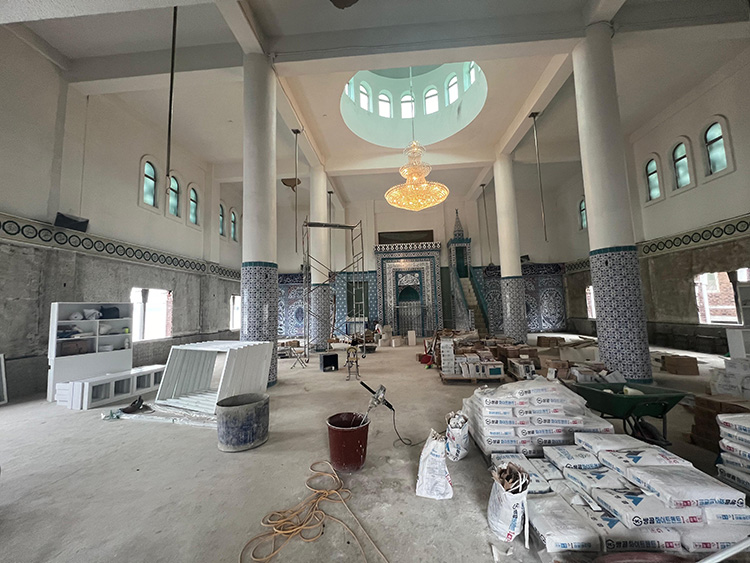
Growth of Islam in South Korea
Islam was introduced to the Korean Peninsula after the Korean War. By 1954, the first Muslim community was established in South Korea with the conversion of over 200 Koreans.
This community later founded the Korea Muslim Federation, which now oversees 21 mosques and more than 90 prayer rooms across the country. The federation also represents the estimated 200,000 foreign Muslims living in South Korea.
Historical significance of Seoul Central Mosque
The history of the Seoul Central Mosque dates back to 1970 when the South Korean government donated a 5,000-square-meter plot in the Itaewon district to the KMF. The mosque’s foundation stone was laid in October 1974, and it officially opened for worship on May 21, 1976, in a ceremony attended by high-ranking officials from 17 Islamic countries.
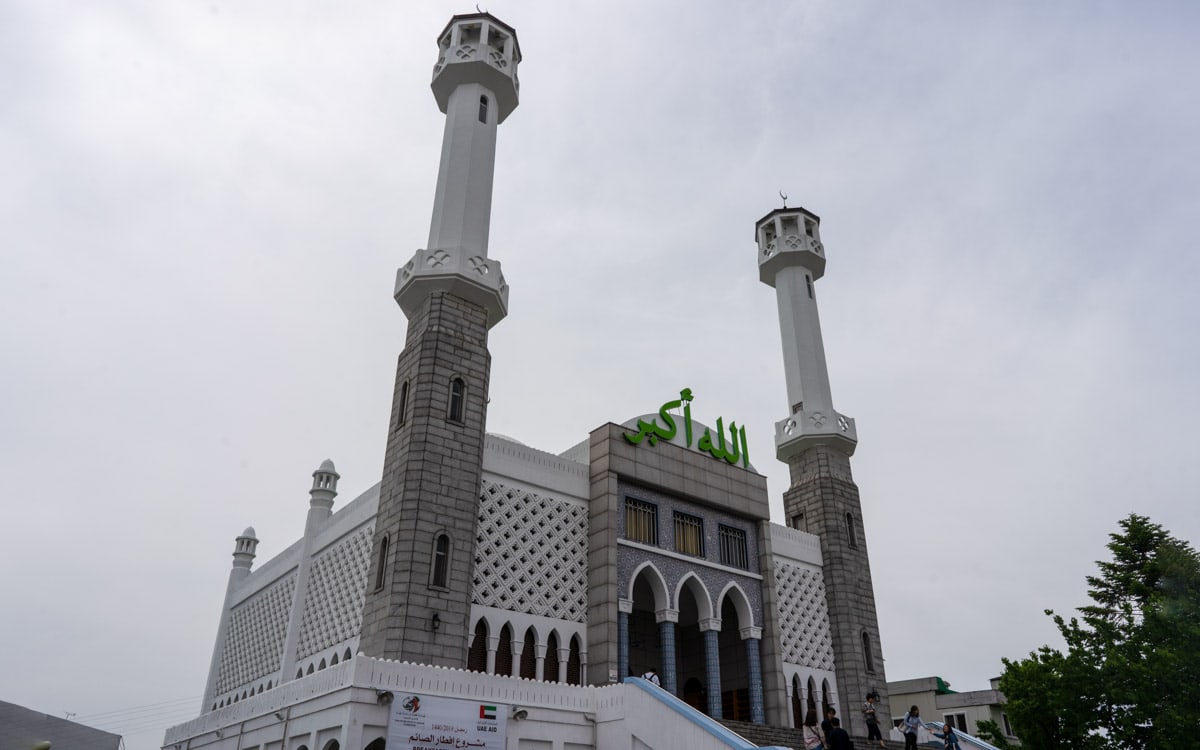
As the first and largest place of worship for Muslims in South Korea, the Seoul Central Mosque has become a popular site for both local visitors and foreign dignitaries. It remains a significant symbol of Islam’s presence and cultural integration in South Korea.



